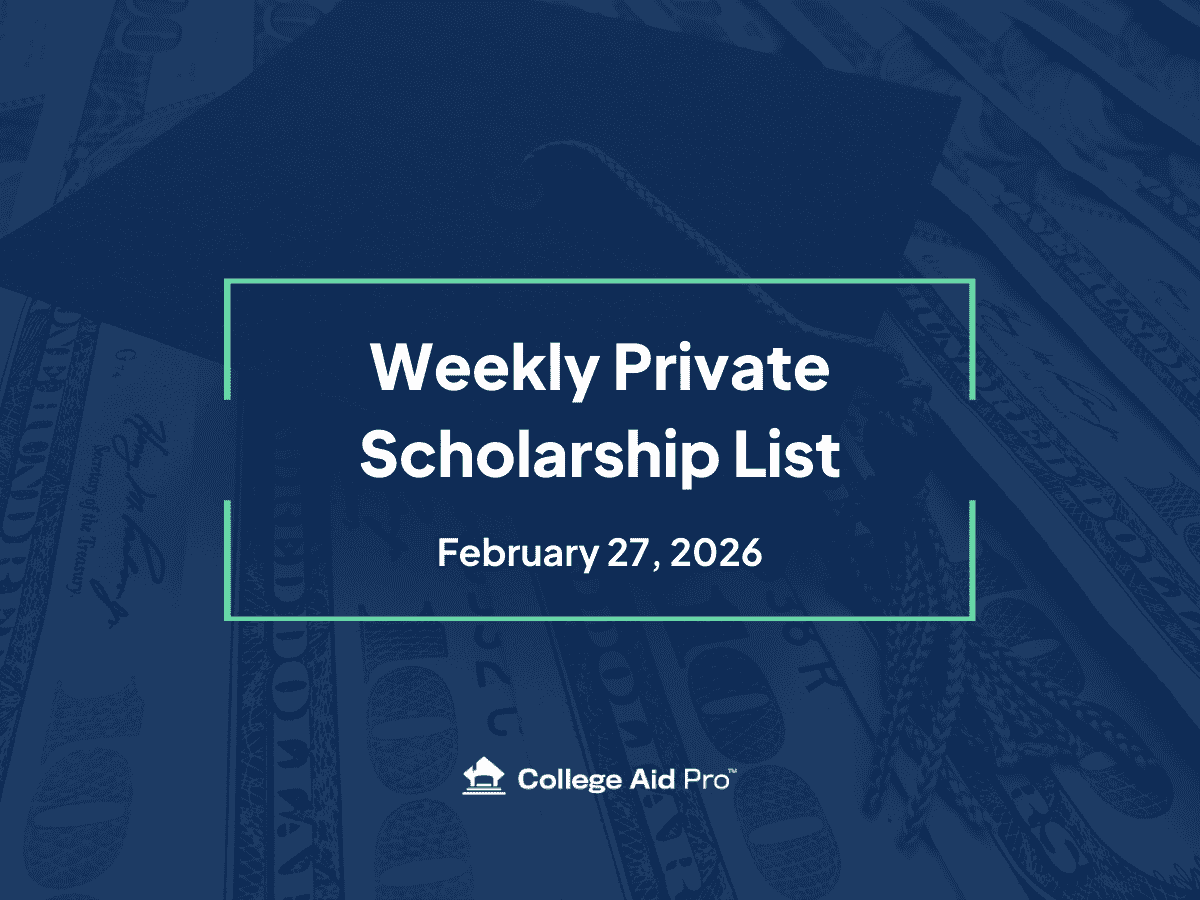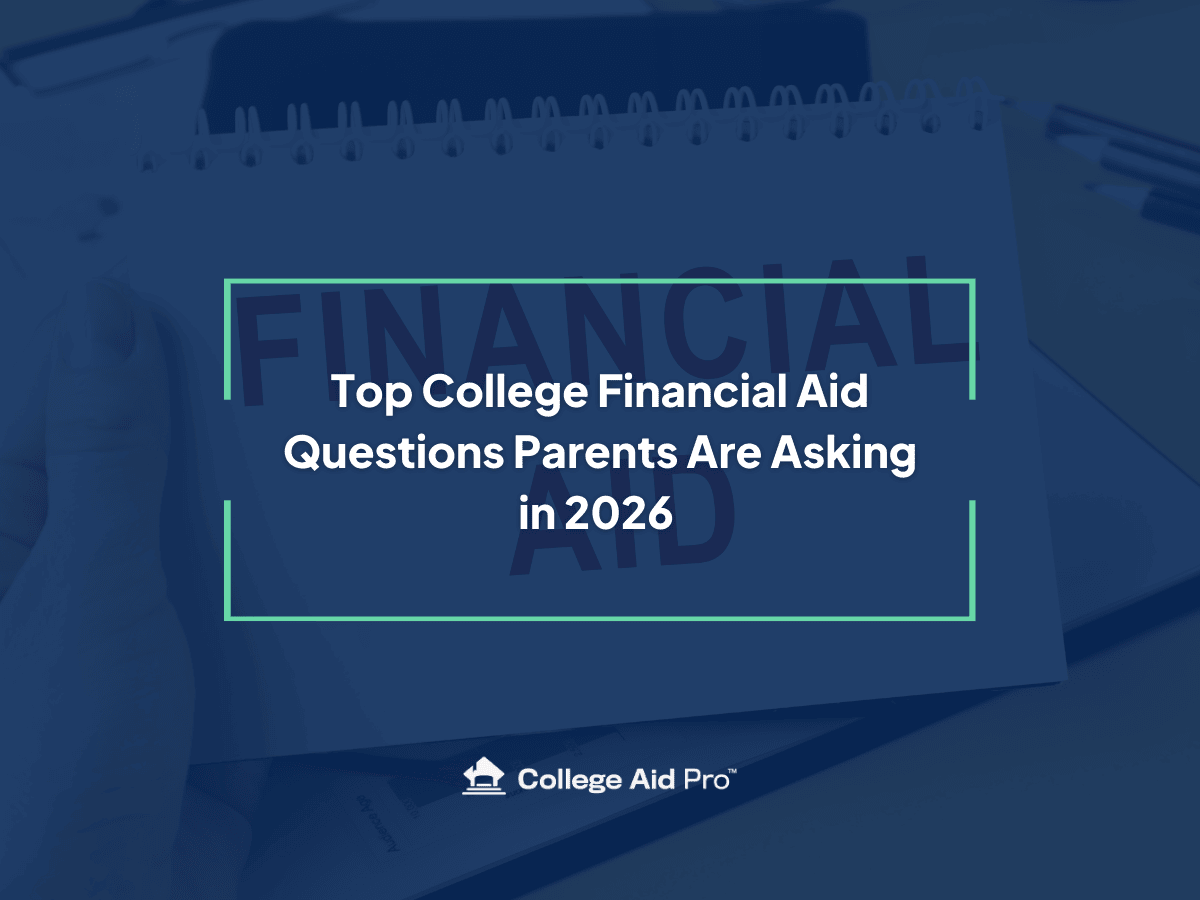College! Podcast Episode 12: Student Loan Shakeup: What Borrowers & Families Need to Know About the New & Proposed Changes
Major Changes Are Coming for Student Loans: What Every Family Should Know
The landscape of college funding is undergoing seismic shifts—and families need to be paying close attention. In the latest episode of the College! podcast, Matt Carpenter and Peg Keough tackle some of the most consequential changes proposed for federal student loans in decades. From a fast-approachingdeadline that could impact 5 million borrowers to the potential elimination of major loan programs, there’s a lot at
stake for current and future college students—and their families.
⚠️ URGENT: Borrowers in Default Must Act by May 5th
If you or someone you know has a federal student loan that’s been in default (no payments made for 270+ days), you need to act immediately. During the pandemic, collections were paused, offering a reprieve to millions of Americans. But that grace period ends May 5, 2025.
Borrowers who don’t reach out to their loan servicer (like MOHELA or Aidvantage) to set up a repayment plan could face harsh consequences—including wage garnishment or garnishment of Social Security benefits. Matt and Peg emphasize the urgency: don’t wait for the system to chase you down. Be proactive and negotiate a manageable income-driven repayment (IDR) plan now to avoid financial hardship later.
🧨 The House Proposal That Could Reshape Student Loans
The U.S. House of Representatives has introduced the Student Success and Taxpayer Savings Plan, a sweeping proposal aimed at reducing government involvement in student loans and increasing accountability across the system. Among the biggest proposed changes:
- Eliminating Subsidized Federal Loans (2026) Subsidized loans—where the government covers the interest while the student is in school—would be phased out. These federal loans have traditionally been a helpful tool for lower- to middle-income families. Their removal would make borrowing more expensive but not necessarily unaffordable. As Peg notes, the loan terms (fixed rates, no cosigner required) would still make them viable compared to private loans.
- Ending Parent PLUS and Graduate PLUS Loans Perhaps the most controversial change is the proposal to eliminate PLUS loans. While they’ve enabled families to fill funding gaps, Peg and Matt argue they’ve often led to irresponsible borrowing. Parent PLUS loans, in particular, come with high interest rates and origination fees—and have been widely abused by colleges to paper over unaffordable tuition costs. Their removal, while painful for some, may prevent financial ruin for others.
- Tighter Pell Grant Restrictions Pell Grant eligibility could become more limited. For example, students taking fewer than six credit hours—often working adults or caregivers—may no longer qualify. Matt and Peg agree this could disproportionately harm the very students Pell Grants are meant to help.
- One Unified Income-Driven Repayment Plan Instead of five confusing IDR plans, borrowers will now have just one. While the required repayment period will extend to 30 years, the plan will also eliminate negative amortization—ensuring borrowers aren’t penalized when interest outpaces payments. Matt shares a personal anecdote illustrating how damaging this can be to morale and financial health.
- Finally, Holding Colleges Accountable The most groundbreaking proposal? Making colleges financially responsible for unpaid student loans. If graduates default, institutions may have to pay a portion of the balance. This would fundamentally change how colleges evaluate affordability and outcomes—and could finally slow down the unchecked rise in tuition costs.
🎓 What This Means for Families and Planners
While these changes are still proposals and must pass the Senate to become law, families need to start thinking differently about college financing now. Matt and Peg urge families to shift from a “borrow now, forgive later” mindset to a more strategic, affordability-first approach.
Key Takeaways:
- Reach out to your loan servicer now if you’re in default.
- Stay informed about upcoming federal changes, especially if you’re planning for college in 2026 or later.
- Rethink college choices with value, fit, and long-term ROI in mind.
- Don’t assume loan forgiveness will save you—be proactive, informed, and realistic.
Whether you’re a student, parent, or financial planner, understanding these changes is crucial. Subscribe to College! for continued updates and expert advice as we navigate this evolving landscape.




